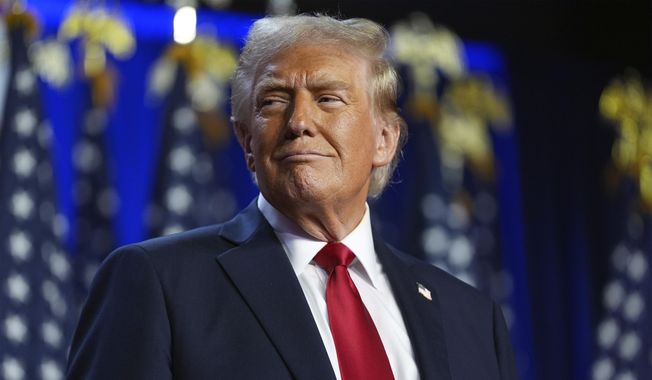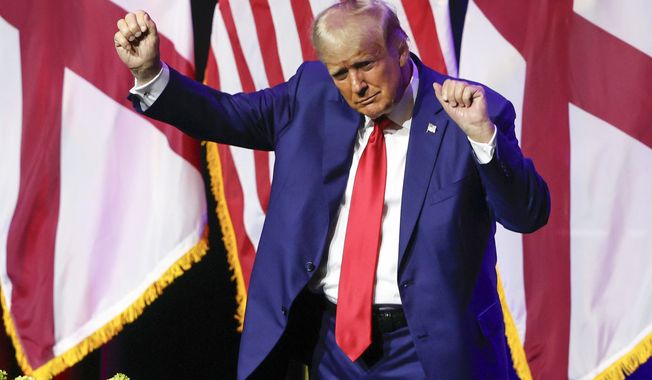
FILE - In this Oct. 9, 2018, file photo, Zhou Xiaoqin installs a fine glass pipette into a sperm injection microscope in preparation for injecting embryos with Cas9 protein and PCSK9 sgRNA at a lab in Shenzhen in southern China's Guandong province. China has unveiled draft regulations on gene-editing and other new biomedical technologies it considers to be "high-risk." The measures follow claims in November 2018 by Chinese scientist He Jiankui that he helped make the world's first genetically-edited babies. That roiled the global science community and elicited widespread outcry over the procedure's ethical implications. (AP Photo/Mark Schiefelbein, File)
Featured Photo Galleries


Inside the expansive collection of Washington football memorabilia
When Samu Qureshi sits down in the middle of his 4,100-square-foot “museum” in Bethesda, the longtime Washington football fan is surrounded by his life’s work.





Trump Transition: Here are the people Trump has picked for key positions so far
President-elect Donald Trump has announced a flurry of picks for his incoming administration. Get full coverage of the Trump transition from The Washingon Times.

Trump dances onstage, takes post-election nation by storm
President-elect Trump dances onstage






